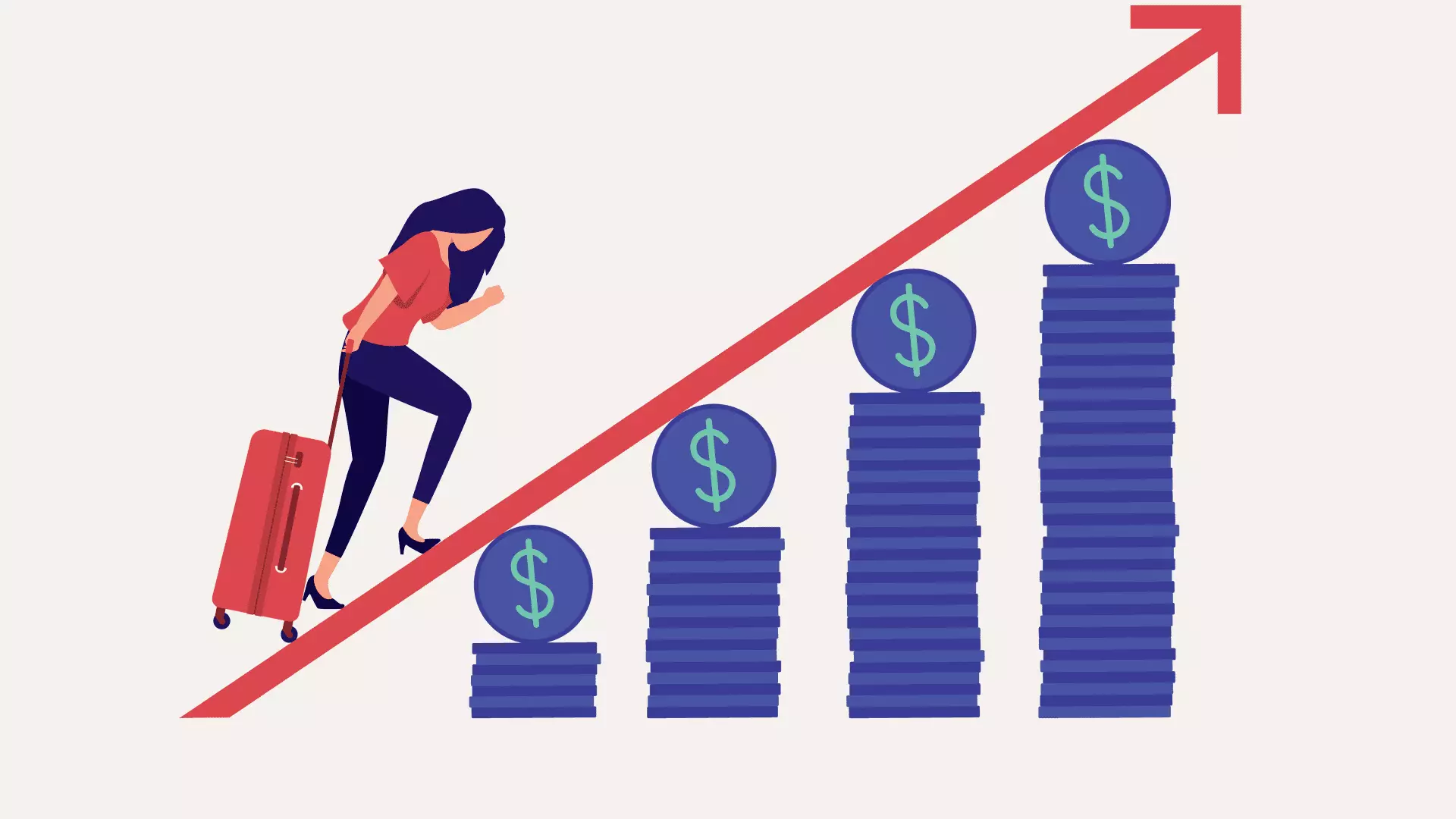In the wake of the pandemic, travelers are reevaluating their vacation plans. The concept of revenge travel, where people rushed to make up for lost time during lockdowns, seems to have fizzled out. The urge to travel excessively has subsided, with many individuals opting to scale back on their travel itineraries for the upcoming summer season. According to a summer travel report by Deloitte Insights, there has been a noticeable decline in the number of Americans planning leisure trips this year.
The Deloitte survey revealed that Americans are planning to take 2.3 trips this summer, down from 3.1 trips in 2023. Additionally, a growing percentage of people are choosing to forgo summer travel altogether, with a 5% increase in those avoiding vacations. One of the primary reasons cited for this shift is the perceived high cost of travel. The report highlighted that 32% of respondents expressed concerns about the current expense of traveling, marking an 8% jump from the previous year.
As a result of the changing travel landscape, consumer spending patterns have also undergone a transformation. Individuals who do plan to travel are looking for ways to economize their trips, with 14% intending to spend less overall. Shorter trips have emerged as a popular strategy to reduce travel costs. On the other hand, 19% of respondents indicated that they plan to increase their travel expenditure, although this rise is attributed more to the impact of rising prices rather than a desire for more extravagant vacations.
Generational variances in spending habits have become apparent, particularly among Gen Zs and millennials. These younger age groups have scaled back on recreational spending, including activities like concerts and sports events. Airfare and accommodation expenses have also seen a reduction among younger travelers. The shift in priorities indicates a move away from discretionary goods and services, with a focus on essential items like personal care products and food.
The normalization of the travel market post-revenge travel era has brought about challenges for the industry. The younger generation’s approach to travel differs significantly from that of their predecessors. For Gen Zs, travel is viewed as an integral aspect of mental well-being rather than a luxury. Unlike previous generations who prioritized saving for significant life milestones, younger travelers prioritize experiences in the here and now. However, there is a recognition that travel, while beneficial for wellness, is not a necessity akin to essential expenses like rent or groceries.
The post-pandemic period has ushered in a shift in travel attitudes and behaviors. The era of revenge travel has given way to a more cautious and deliberate approach to vacation planning. As individuals navigate the uncertainties of the current economic climate, the travel industry must adapt to meet the evolving needs and preferences of consumers. By understanding these changing dynamics, stakeholders can better position themselves to thrive in the new landscape of travel.

